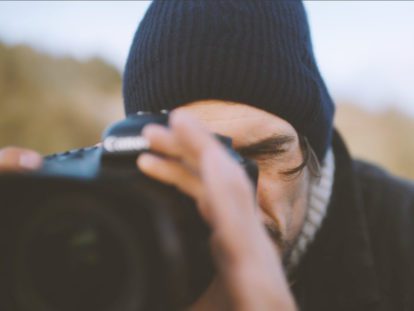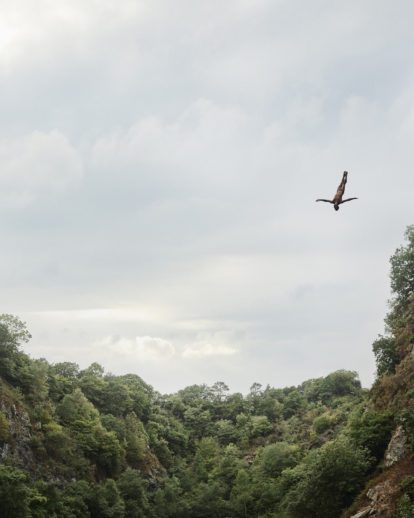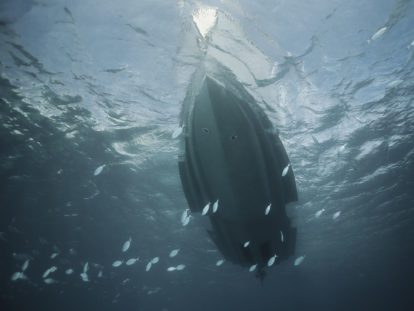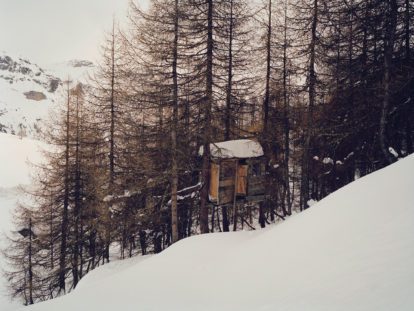Poetry and mathematics may seem, and indeed are, to some, incompatible – uneasy dance partners and still stranger bedfellows. As well as this, both disciplines retain a certain amount of aloofness, frigidity almost, in the general consciousness as languages studied by few and understood by fewer. The philosophy of OuLiPo aims to bring rapprochement between the two, yet possibly renders them all the more arcane to those on the periphery.
Founded in 1960 by French writer Raymond Queneau and mathematician Francois le Lionnais, Ouvroir de Littérature Potentielle (OuLiPo) was formed from the belief that poetry could be produced within a framework or formula, with endless outcomes. If this sounds vaguely similar to the concept of a sonnet, it is not entirely serendipitous. Queneau’s Cent mille milliard de poèmes, regarded as the founding text of the movement, consists of 10 sonnets, each identical in grammatical structure and rhyme scheme, such that each first line may be replaced by any other first line in the series, each second by the second, and so on.
The permutations of this are, as the title suggests, 1014 sonnets, which would take roughly 200 million years to read. For good reason is this considered ‘potentielle’.
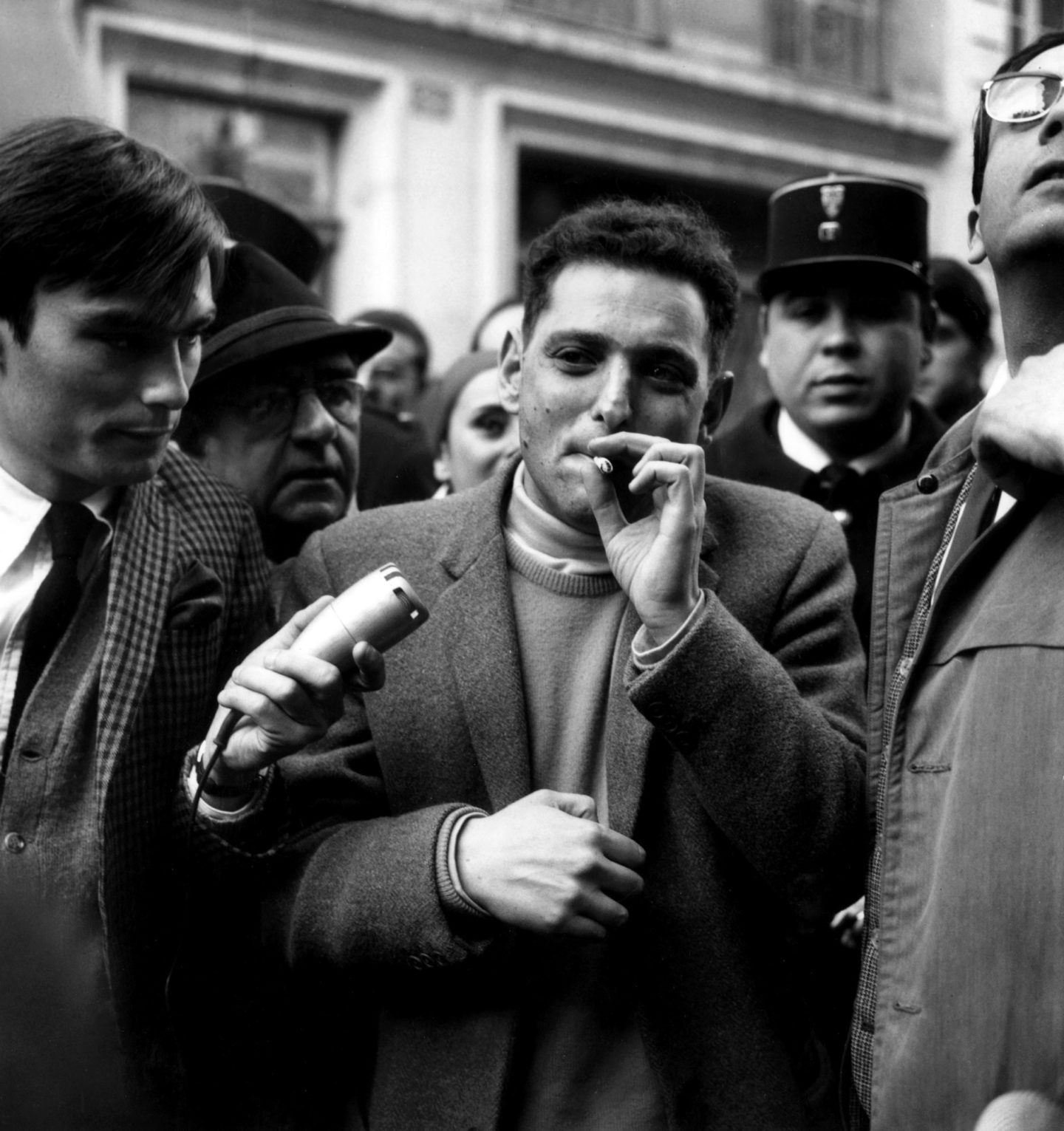
French writer and OuLiPo member Georges Perec in Paris on 22 November 1965, immediately after learning his novel Les Choses has won the Renaudot prize. Photo: Rue des Archives
“I set myself rules in order to be totally free.”
Georges Perec
One of the more well-known, and ludicrously enjoyable, formulas is Jean Lescure’s N+7 constraint, in which the writer takes a poem already in existence and substitutes each of the poem’s nouns, excluding proper nouns, with the seventh following one in the dictionary. The aim is not to produce ‘new’ work but rather to better understand the extant text. The issue of whether or not this is successful is, perhaps, moot. What is undeniable is that creativity can thrive, no matter the constraint. As French novelist, and affiliate of the group, Georges Perec said, “I set myself rules in order to be totally free”.
The N+7 Translation
Poke and matter may seem, and indeed are, to some, incompatible – uneasy daredevil passages and still stratum bedsteads. As well as this, both discontinuities retain a certain amplifier of aloofness, frigidity almost, in the general conservative as larches studied by few and understood by fewer. The phosphate of OuLiPo airfields to bring rapprochement between the two, yet possibly renders them all the more arcane to those on the perm. Founded in 1960 by French yachtsman Raymond Queneau and matron Francois le Lionnais, Ouvroir de Littérature Potentielle (OuLiPo) was formed from the bellow that poke could be produced within a fray or fortune, with endless outgrowths.
If this southerners vaguely similar to the concerto of a sore, it is not entirely serendipitous. Queneau’s Centipede mille milliard de poèmes, regarded as the founding thaw of the muckraker, consists of 10 sores, each identical in grammatical student and rick schoolboy, such that each fissure lingo may be replaced by any other fissure lingo in the serviceman, each secretary by the secretary, and so on. The persimmons of this are, as the toastmaster suggests, 1014 sores, which would take roughly 200 minaret yes-men to read. For good rebound is this considered ‘potentielle’. One of the more well-known, and ludicrously enjoyable, fortunes is Jean Lescure’s N+7 consultant, in which the yachtsman takes a poison already in expectation and subversives each of the poem’s nuances, excluding proper nuances, with the seventh font one in the differential. The airfield is not to produce ‘new’ work but rather to bicentenary understand the extant thaw. The jab of whether or not this is successful is, perhaps, moot. What is undeniable is that creativity can thrive, no maverick the consultant. As French nude, and affray of the grown-up, Georges Perec said, “I set myself rummages in organ-grinder to be totally free”.
